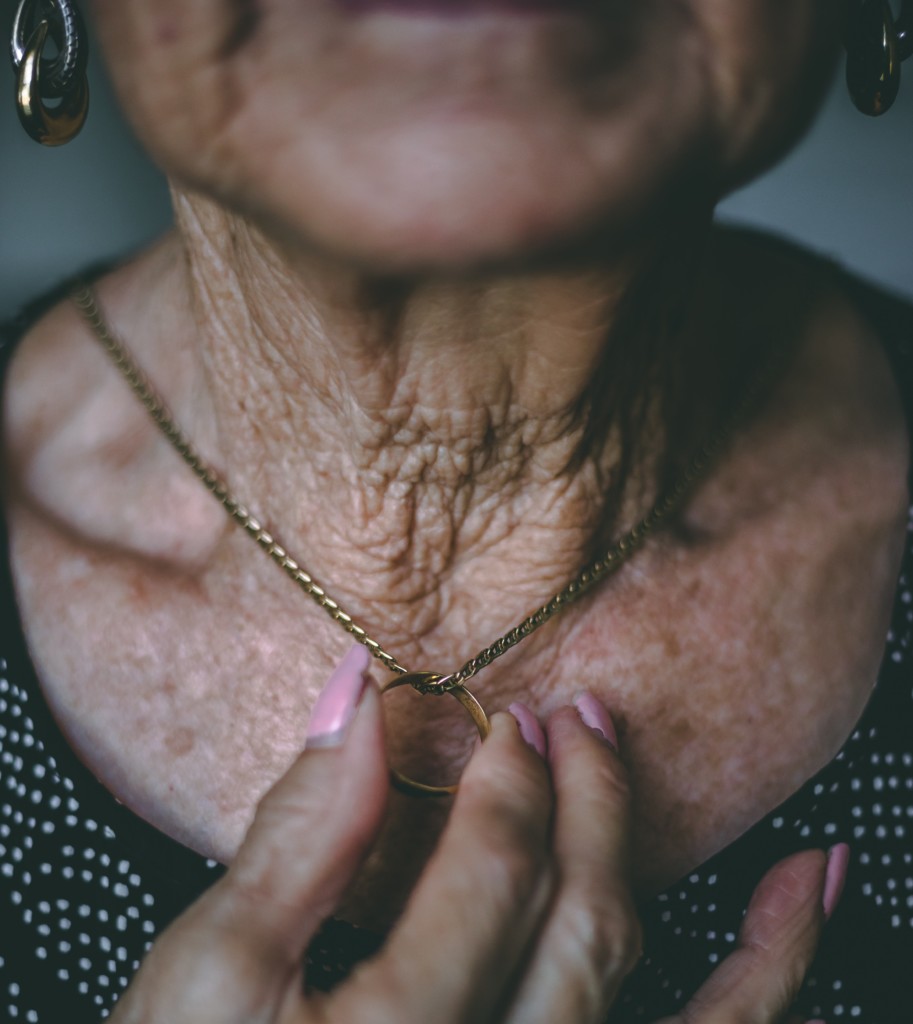What does age sound like? It can sound pretty great.
Singer Smokey Robsinson recently turned 80. Rapper Ice T turned 62. Renee Zellweger, 50, won an Oscar recently for Best Actress for her portrayal of Judy Garland in the musical biopic “Judy.”
As a laryngologist, or professional voice doctor, patients often come to me when their voice starts to show their age. They ask what they can do to combat the natural changes associated with the aging voice. The answer is actually quite simple: keep singing.
The larynx, also known as the voicebox, is not immune to aging. Structural changes occur, often precipitated by hormonal changes. This results in the aging voice, also known as presbyphonia. In women, menopause leads to dropping estrogen levels.
Presbyphonia will be a growing concern worldwide as the World Health Organization estimates that between 2000 and 2050, the proportion of the world’s population over 60 will double from about 11% to 22%. The number of people age 60 years and over is expected to increase from 605 million to 2 billion over the same period.
Closer to home, the number of Americans ages 65 and older is projected to nearly double from 52 million in 2018 to 95 million by 2060. The 65 and older age group’s share of the total population will rise from 16 percent to 23 percent. This is largely driven by the baby boomer generation.
Presbyphonia will have economic impact as well. About 20% of the workforce in the U.S. relies on voice for their occupation. Older adults are also working longer. By 2026, 26 percent of men and 18 percent of women ages 65 and older will be in the labor force. These workers will need their voice.

The vocal folds thicken resulting in a pitch decrease. In men, androgen levels decrease resulting in thinner vocal folds and increase in pitch. In both, bowing of the vocal folds leads to difficulty with vocal projection and roughness to the voice. Vocal folds are made of muscles that need to be engaged. Muscle memory develops with use. Atrophy occurs with deconditioning.
A 2017 study published by The Voice Foundation compares singing voices to non-singing voices. Researchers found that the singing voices had more stability over time, demonstrating the positive impact of singing.
Similarly, a study out of Belgium demonstrates that a singing career can lead to more favorable perception of voice quality in retired females.
To be sure, vocal use is also a risk factor for development of vocal trauma. Vocal performers such as Julie Andrews, Meghan Trainor and Adele have publicly shared the injuries they sustained from demanding performing schedules.
However, other performers, such as Tony Bennett, 93, attribute vocal exercises and singing as part of the regimen that maintains their voice. To maintain voice, singing is a must.
So what can you do to preserve your voice even if you are not an award-winning singer?
Sing in the shower, sing in the car, sing when you go for a walk. Join a local choir and sing with your friends. Vocal hygiene is also important.
Older adults often take medications that can dry the mouth and throat. They can stay hydrated to lubricate the vocal folds. Steam inhalation can be a helpful supplement. Alcohol use can contribute to dehydration. Effects of acid reflux on the voice can worsen in aging, so taking anti-reflux precautions helps.
You don’t have to be a legendary singer to reap the benefits of a healthy voicebox. Just keep singing.
More from Better:
- 6 Foods That Naturally Prevent and Treat Disease
- 8 Things You Need to Know About Legal Marijuana in Illinois
- Chicago Diabetes Project: ‘Chicago Could Become the “Silicon Valley” of Diabetes Cures’ — Here’s How
Inna A. Husain, MD, is Assistant Professor and Section Head of Laryngology, Rush University Medical Center and a Public Voices Fellow through The OpEd Project.
